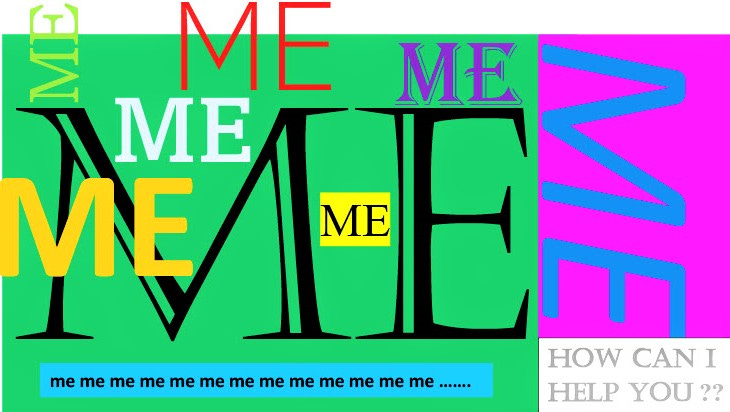Heralding Love
It isn’t always about you
Not much talk these days about love—that is, the yearning of one heart to complete another—but there is plenty of talk about sex, gender, fetal fruit and a small alphabet of identities.
Two thoughts.
First, gender once was explained (with rare biological exceptions) by simple equations: male organs = male, female organs = female. The neat equations were scrambled somewhat by sexual attraction within a gender instead of in the opposite one. Because such attraction is atypical, according to the numbers, society was discomfited by it.
Today, cultural aversion to same-sex attraction has receded. Prohibitions and inhibitions have all but disappeared. Widespread discomfiture remains. Consequently, it’s a tremulous and confrontational time. People accorded greater acceptance of their once-closeted feelings naturally are elated, so we’re witnessing public jubilation and celebration—and cancellation, too, as the proscriptive spirit wells up now among the celebrants. Grace never seems to be in season.
Alfred Tennyson told us that ‘tis better to have loved and lost, than never to have loved at all. The Beatles told us all we need is love. But as I wade through the current orgy of self-identity and parodies of logic, I’m informed more by something written by Zora Neale Hurston in 1937.
In her acclaimed novel, Their Eyes Were Watching God, the author wrote… “Love is like the sea. It’s a moving thing, but still and all, it takes its shape from the shore it meets and it’s different with every shore.” What a salutary way to acknowledge the variety of human love matches. Enthralling ones. Rocky ones. Destructive ones. It has ever been so.
My second thought is that much of the turmoil we’re experiencing today would be mitigated if we concentrated a bit less on self. Me, me, and me are not building blocks of a viable society. Self-love is a good thing, of course, a key to successful living, but self-absorption dries up goodwill and human progress wilts.
Do you remember reading true-life stories, almost fables, of people who reached out in love to help others—changing a flat for a stranger, buying a meal for a hungry person, consoling a weeping woman on a bench—each story with a surprise ending? The grateful helped-person always turned out to be famous or the help given a steppingstone to future greatness. The stories encouraged charity.
Yet more inspiring to me are the examples of help given without reward—where a recipient squandered the help or was ungrateful or even resented the gesture. Yet such goodwill is never wasted, because giving of self without expectation or realization of reward never is fruitless. It is life-affirming and character-building. It lays the foundation for a healthy culture wherein, among other things, empathy is nurtured and who you love is less significant than how you love.
The gift of self in service is the heart of societal health. It can’t be demanded, only freely given. The more that people identify as servants, the better served we all will be.



Of course, No one would be better able to relate to giving of yourself, in service, than yOU! Excellent!! Really enjoyed it!!!
On point!